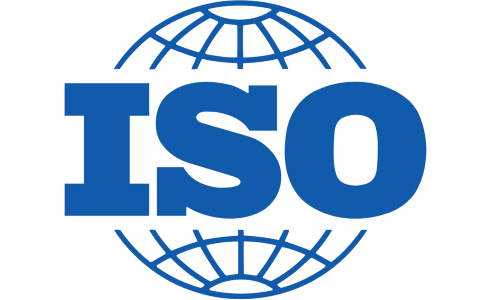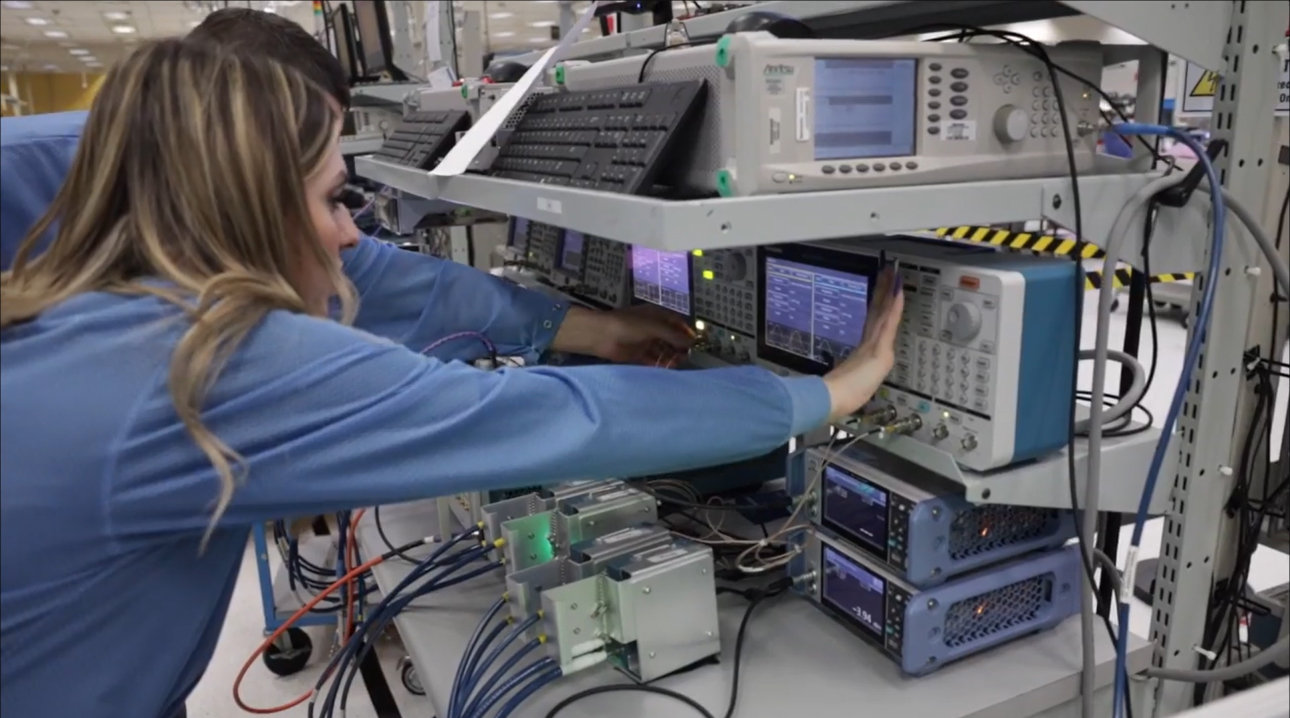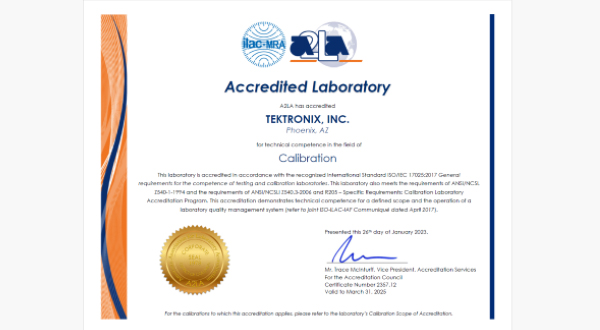|
What is ISO 9001?
ISO 9001 is an internationally recognized standard for quality management systems. It is part of the ISO 9000 family of standards, which provides guidelines and requirements for organizations to establish, implement, maintain, and continually improve their quality management systems. The goal of ISO 9001 is to help organizations ensure that their products and services consistently meet customer requirements and enhance customer satisfaction.
|

|
Key Principles and Components of ISO 9001
- Customer Focus: Organizations are required to understand and meet customer needs while striving to exceed their expectations.
- Leadership: Top management plays a crucial role in establishing and promoting a quality-focused culture throughout the organization.
- Involvement of People: All employees are encouraged to contribute to the organization's quality objectives and improvement initiatives.
- Process Approach: ISO 9001 emphasizes the importance of understanding and managing processes to achieve desired outcomes.
- Continuous Improvement: Organizations are expected to continually assess and improve their processes, products, and services to enhance overall performance.
- Evidence-Based Decision Making: Decisions should be based on reliable data and information, fostering effective and informed choices.
- Relationship Management: Building and maintaining positive relationships with suppliers, partners, and stakeholders contribute to overall success.
When an organization becomes ISO 9001 certified, it means that it has undergone a formal assessment by an accredited certification body, demonstrating its compliance with the standard's requirements. This certification process provides external validation of the organization's commitment to quality management practices.

|
What is ISO/IEC 17025:2017?
ISO/IEC 17025:2017 establishes a global standard for instrument calibration and testing. It specifies the general requirements for the competence to carry out tests and/or calibrations. Laboratories use ISO/IEC 17025:2017 to implement a quality system aimed at improving their ability to consistently produce valid results and is applicable to all laboratories regardless of the number of personnel or the extent of the scope of testing and/or calibration activities.
|
Continuous Improvement and ISO/IEC 17025:2017
Basic to the ISO/IEC 17025:2017 standard is the requirement for continual improvement. Regularly scheduled internal audits identify opportunities to make testing or calibrating improvements. Laboratories are also expected to remain up-to-date on scientific and technological advances in relevant areas.
In common with other accreditation standards of the ISO 17000 series (and unlike most ISO standards for management systems), assessment of the laboratory is normally carried out by the national organization responsible for accreditation. Laboratories are therefore "accredited" under ISO/IEC 17025:2017, rather than "certified" or "registered" by a third party service as is the case with ISO 9000 quality standard. In short, accreditation differs from certification by adding the concept of a third party (Accreditation Body) attesting to technical competence within a laboratory in addition to its adherence and operation under a documented quality system, specific to a Scope of Accreditation.
The Difference Between ISO/IEC 17025:2017 Lab Accreditation and Accredited Calibration
ISO/IEC 17025:2017 Lab Accreditation
Calibration laboratories that are accredited to the ISO/IEC 17025:2017 standard are regularly audited by independent accrediting bodies such as A2LA to test the laboratory’s technical competence and that they follow a proven quality management system. They are guided by quality and integrity in all aspects of their job performance. Each lab is maintains a scope of accreditation that lists all of the types of equipment for which the lab's testing processes meet the requirements of the ISO/IEC 17025:2017 standard.
Calibration labs that describe themselves as ISO/IEC 17025:2017 compliant may be able to calibrate equipment according to the testing standards outlined in the ISO/IEC 17025 standard, but their processes have not been independently verified by an accrediting body.
ISO/IEC 17025:2017 Accredited Calibration
ISO/IEC Accredited Calibration refers to a calibration that is performed in accordance with ISO/IEC 17025:2017 specifications within our approved scope of accreditation. Accredited calibrations provide a certificate of calibration with the accrediting body's logo on the document. The calibration date is on the certificate and the calibration due date is only placed on the document when specified by the customer or contractually agreed. A traceability statement is provided. Measurement data and uncertainty for each parameter tested during the calibration is provided.
|
ISO/IEC 17025:2017 Compliance
Laboratories compliant with ISO/IEC 17025:2017 guidelines may be accredited by an internationally recognized external body. This accreditation recognizes capability and competence of a laboratory to perform specific tests and calibrations. There are numerous accreditation bodies serving different regions around the world.
|

|
The first step for a laboratory to become accredited is to create and implement a documented quality management system. The quality manual documents the system and normally follows the structure of the ISO/IEC 17025 standard. A rigid on-site assessment process includes staff interviews, demonstration of selected calibration or tests, evaluation of compliance and examination of lab equipment and calibration records. Upon approval, a scope of accreditation is issued.

 KALİBRASYON LABORATUVARI
KALİBRASYON LABORATUVARI




































































